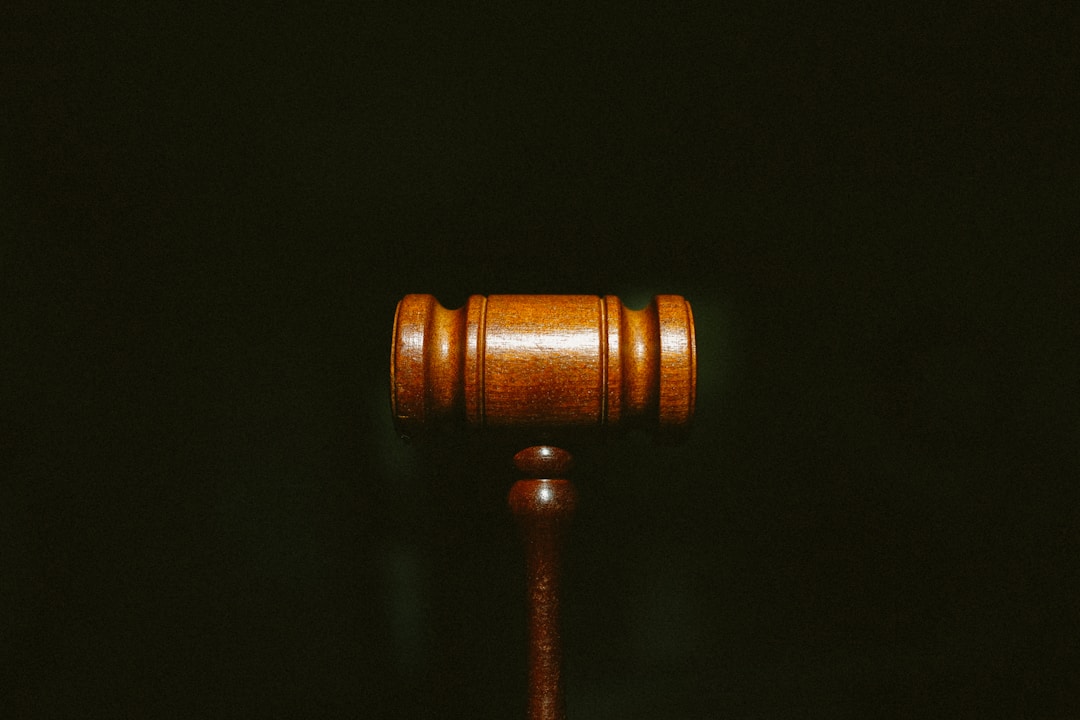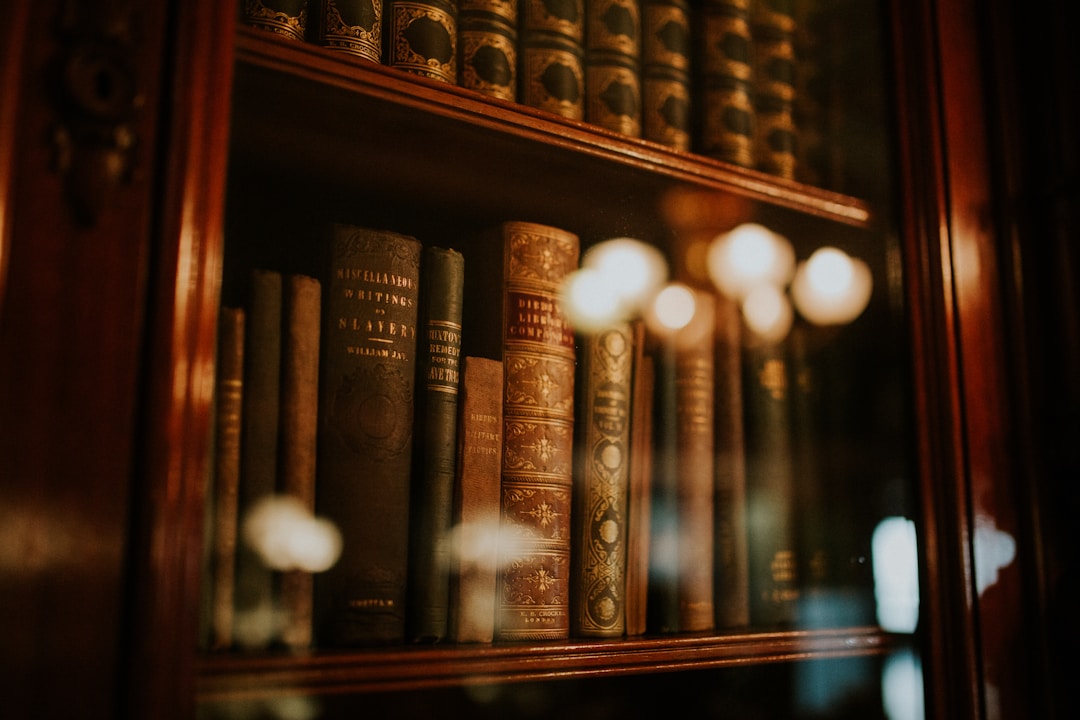It’s important to have people look up to you in your career field, no matter what career path you take. Ideally, it would help if you had a mentor or someone you trust for advice and hold you accountable. However, finding the right person to help you navigate your professional and personal life can be difficult, and that’s why we have heroes.
If you’re planning on becoming a lawyer in Canada, you have plenty of heroes to choose from and some big shoes to fill. There’s a rich history of ceiling busters in Canada’s Continue reading to learn about some great role models from whom up-and-coming Canadian lawyers can draw inspiration.
1. Malliha Wilson

If there was ever a case for someone being born into the legal profession, Malliha Wilson is it. Through her teenage and young adult years, she would spend her weekends working with her grandfather, a prominent Tamil attorney, on human rights issues even though she didn’t always see herself becoming a lawyer, her weekends with her grandfather profoundly affected her personal and career choices.
After finishing her undergraduate degree at McGill University in Montreal, she would attend Osgoode Hall Law School at York University in Toronto, where she excelled and ranked near her class. Following law school, she served as counsel on the Native Affairs Secretariat for Ontario. Eventually, Malliha went to work in the Supreme Court as the assistant deputy attorney general of Ontario, making her the first recognizable minority to serve in the role.
Now, Malliha is the senior counsel at Nava Wilson LLP, where her years in public service and her experience working with her grandfather are serving her well as she focuses on human rights, labor law, and complex litigation. Malliha is a great role model for women who invasion themselves as ceiling crashers.
2. Lincoln Alexander

Lincoln Alexander was a great lawyer during his time in practice and a man of many firsts. Over the course of his trailblazing career, Alexander repeatedly achieved things that no other African Canadian before him had and paved the way for others after him. He fought for racial equality in Canada and asked that black people receive equal treatment at all levels of the Canadian government and elsewhere.
Born in Toronto to parents who immigrated from the Caribbean Islands, Alexander grew up facing racism, which developed a fighting spirit at a young age. However, the law wasn’t his first choice of profession as Lincoln got undergraduate degrees in history and economics and tried to put his degree to use. Still, he was denied a sales position by the same company for which he worked in a plant based on race. So Alexander decided that he could do the most to help himself and others like him by learning the law and protecting the rights of others.
As you read previously, Alexander would be a man of many firsts during his career. He was the first African Canadian to serve as a federal parliamentarian. He was the first African Canadian to hold a cabinet position and the first African Canadian to serve in a viceregal position.
3. Clara Brett Martin

Clara Brett Martin is an icon in Canadian legal history even though she lived in Toronto when Canada was still a colony. However, she became the first woman in the entire British Commonwealth to become an attorney. Every female lawyer in Canada owes her thanks. She was the youngest of 12 children, born in 1874. Her family valued education, and she attended Trinity College in Toronto just three years after they begin to admit women.
However, when it came time to enter law school, she faced difficulties when she first petitioned to join in 1891. Her application was denied at first, and she went through a couple of appeals before being admitted. After that, she faced verbal abuse from her classmates and others but persevered through it all to become the first female barrister and solicitor.
4. Beverly Jacobs

Unfortunately, crimes against First Nations women go largely unreported or are not taken seriously. Beverly Jacobs, a Mohawk woman, has made it her life’s work to raise awareness about crimes against indigenous women. Focusing on everything from domestic abuse to relations between citizens of the federal government, she has become a champion for the indigenous people of Canada.
She was president of the Native Women’s Association of Canada from 2004 to 2009 and is nationally known for her accomplishments. Over the course of her career, she has received several prestigious awards for everything she’s done to help her clients and others. She’s also taken her knowledge to the classroom and serves as an associate professor at the University of Windsor.

